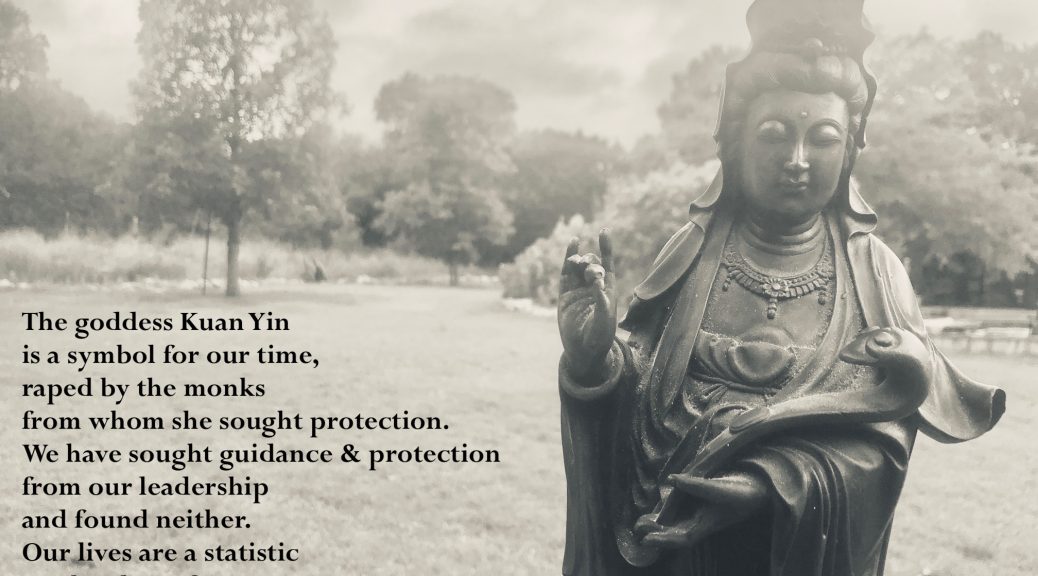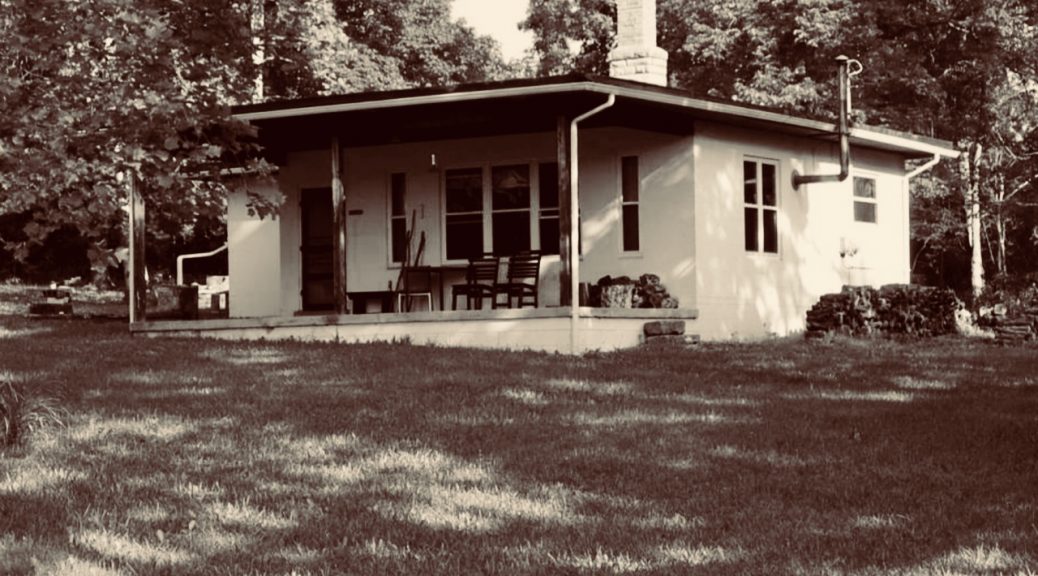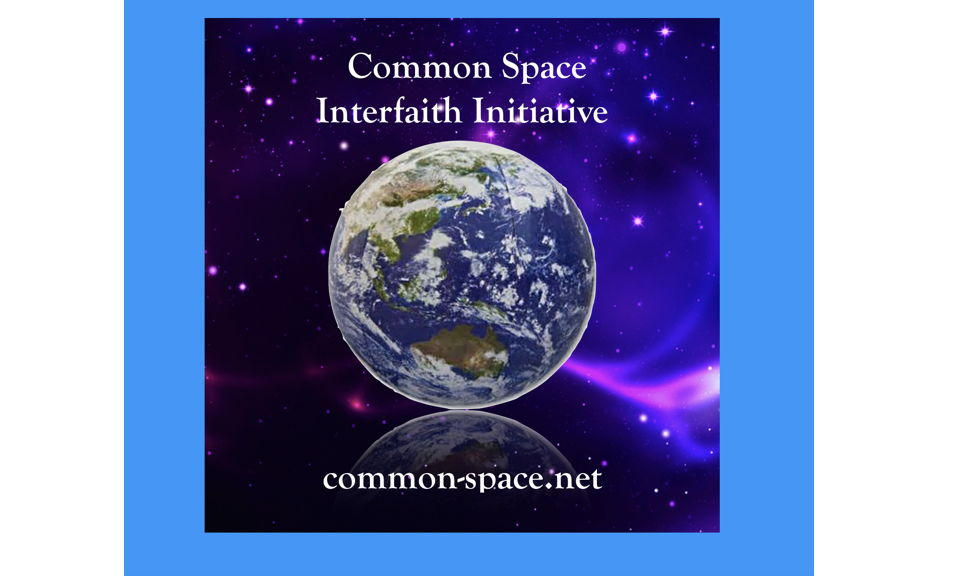Sophia’s Call
I have never been unknown.
You have always known me.
I am Sophia of the eighth Archon,
Co-Creatrix of all the Worlds,
Lady of the Spheres,
Mistress of the Void.
If I have not been known,
That has been your choice.
You have placed a dark veil upon me,
Made me silent, forbidden.
But He knew me before Time,
Knew me well,
And He knows it is I who will
Draw down the last veil.
I am in all, your yesterdays and your forevers,
The whore and the queen, the bile and the blood,
Et Spiritus Sancti, your holy, equal third.
While I turn the constellations, I am your breath on a window,
A lost perfume, presence in an empty room,
As close to you, closer, than your faintest pulse.
I am Compassion, never-ever-ending Love.
I am poured out across a lake in sunlight,
I am the womb’s warmth; in wind, mist, moss
In fecund forest earth, a green thought.
I am mountain, ocean, leaf, and stream,
And you have always known this.
I am the swirl of dhikr,
The blessing of water,
The shoke at a wall,
Cantor, muezzin, the glistening choir.
Mother to Moses, Jesus, and Muhammad,
Always One, All in All.
These arms have held you all, and will always hold you.
I have bled with you, bled for you.
I have cried with, laughed with, and will cry again for you, my children.
I am Namu and Nous. Be held within my golden breath, radiant.
Choose to unveil me.
Many will slide or slouch away.
But for you, Soul of the World,
With Amazon stride, I will break Heaven upon you
And splintered you will scatter,
Joyous, One,
To meet the bright Abyss.
Sorche Berry ©2018
Artwork by Agnessa Kesiakova ©2018





